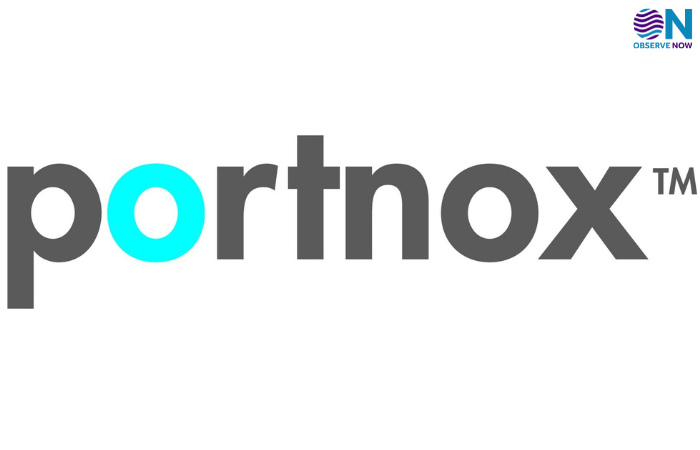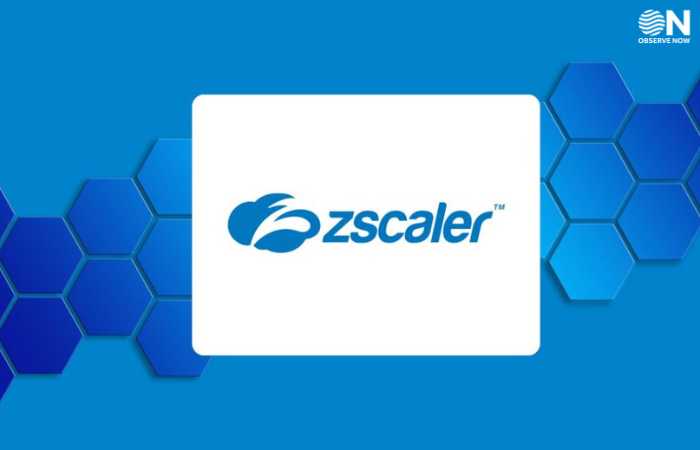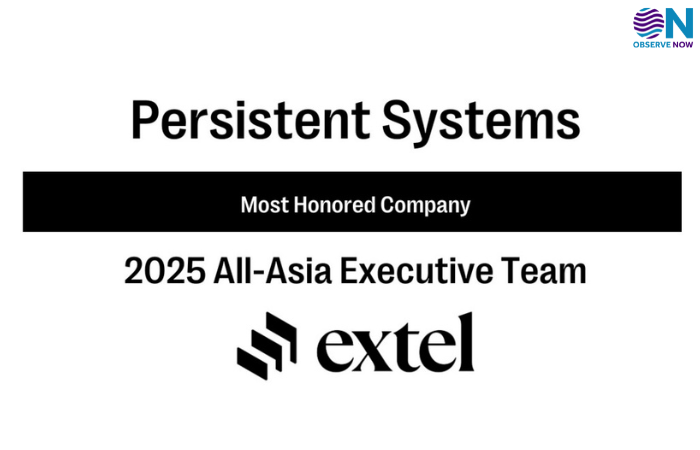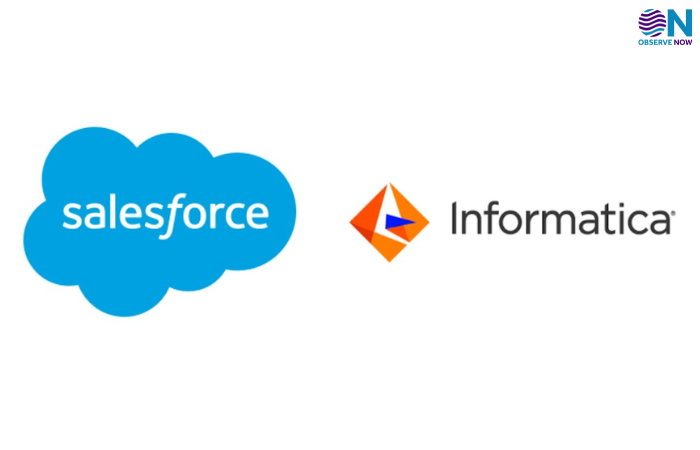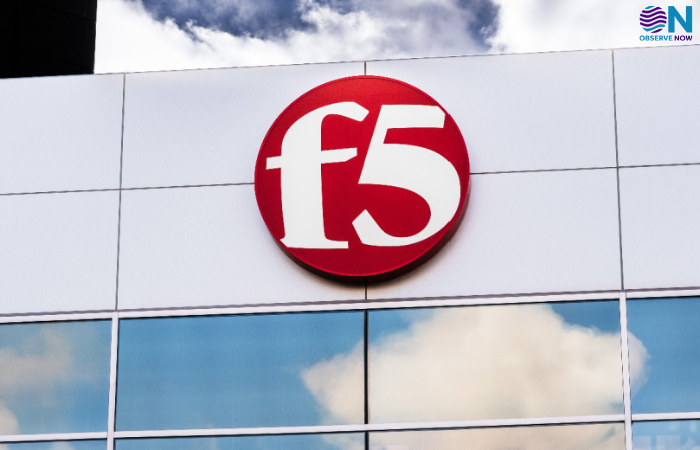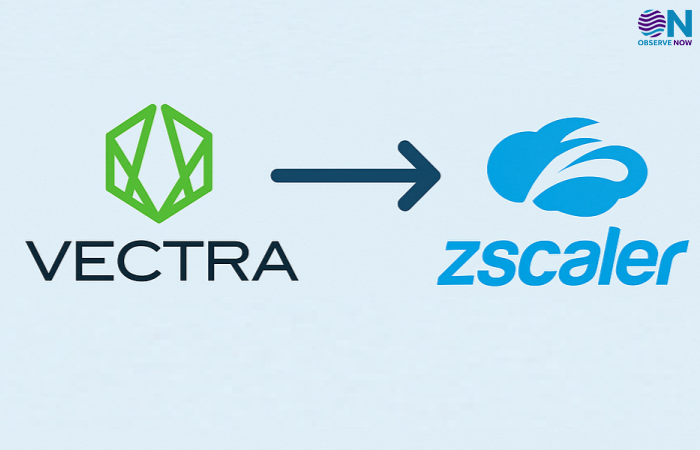Portnox and CrowdStrike Partner to Strengthen Real-Time Risk-Based Network Access Control
In a move that strengthens enterprise security posture amid growing cyber threats, network access control provider Portnox has announced a new integration with cybersecurity giant CrowdStrike. The collaboration aims to enable dynamic, risk-aware network access controls by leveraging real-time data from CrowdStrike’s endpoint protection platform.
As organizations increasingly shift toward Zero Trust models, the need for adaptive access based on device and user risk has become more urgent. This partnership addresses that by fusing Portnox’s cloud-native access management capabilities with CrowdStrike’s advanced endpoint telemetry and Zero Trust Assessment scoring.
The core of the integration lies in CrowdStrike’s Zero Trust Assessment score, a comprehensive metric that evaluates device health and security status. By feeding this score directly into Portnox’s policy engine, organizations can now dynamically allow, limit, or deny network access depending on each device’s real-time risk level.
For example, devices with high ZTA scores—indicating a clean security profile—can be granted full access to corporate resources, while those showing signs of compromise or misconfiguration may be restricted to segmented or guest networks, or even blocked altogether. This enables a more nuanced, scalable, and proactive approach to enforcing least-privilege access policies, aligning with modern cybersecurity standards and regulatory expectations.
The partnership is particularly timely as enterprises manage increasingly distributed workforces, with a mix of corporate and personal devices accessing critical systems. Portnox’s integration with CrowdStrike allows IT and security teams to maintain visibility and control without needing on-premises hardware or traditional endpoint agents.
Denny LeCompte, CEO of Portnox, said the collaboration represents a step-change in adaptive access control. “Security has to be as dynamic as the threats we face. With CrowdStrike’s real-time telemetry, our platform now delivers truly risk-aware access decisions at the point of entry—helping organizations stay ahead of potential breaches,” he noted.
The integrated solution is designed for fast deployment in cloud and hybrid environments. Common use cases include Bring Your Own Device policies, remote work security, and compliance-driven network segmentation. With this integration, organizations can automatically validate whether a device is managed and protected by CrowdStrike before permitting access, further reducing the attack surface across the enterprise. As security teams work to prevent lateral movement within networks and mitigate risks from compromised endpoints, solutions like the Portnox-CrowdStrike partnership offer meaningful advancements in control and automation.
By fusing intelligence-driven endpoint protection with flexible access enforcement, the integration helps enterprises operationalize Zero Trust frameworks in a practical and scalable way. This announcement underscores the continued trend toward ecosystem-based security, where interoperability and real-time data sharing between vendors drive more effective cyber defense strategies.


